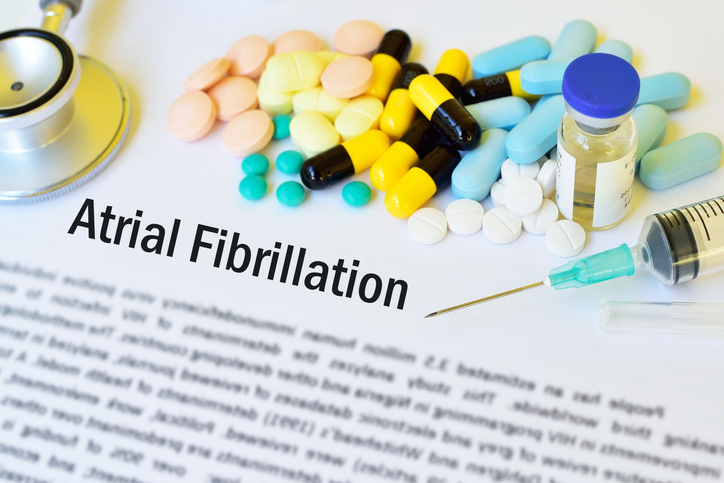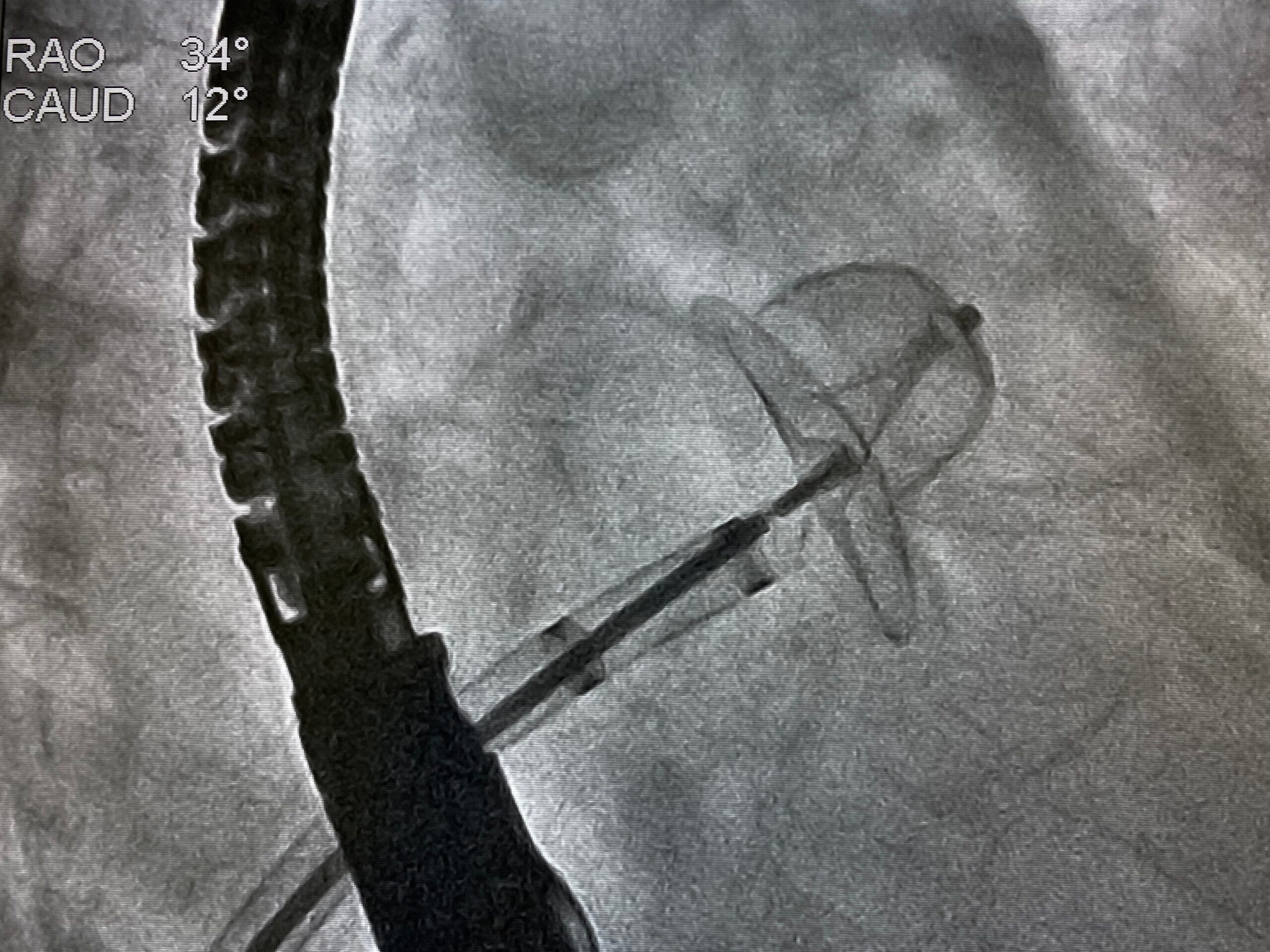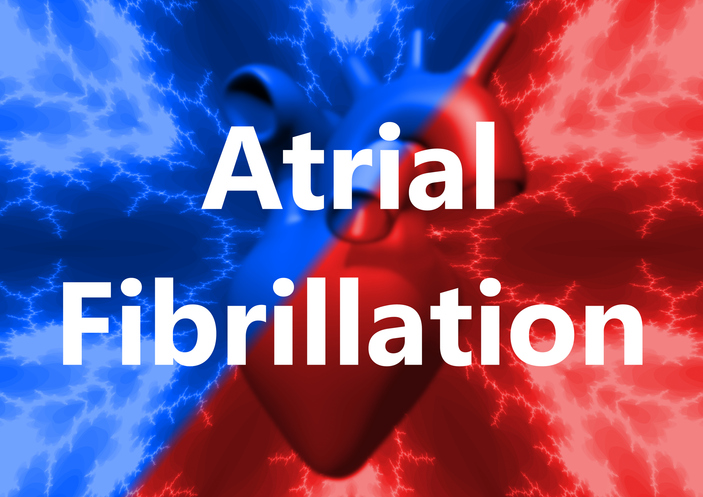
Patients taking beta-blockers were less likely to experience anger or stress-induced atrial fibrillation (AFib) compared with those not taking beta blockers, a new study suggested.
“In a previous research study, we found that among patients with a history of AF, anger and stress were associated with subsequent episodes of AF,” lead investigator Rachel Lampert, MD, FHRS, Professor of Internal Medicine (Cardiology), Yale School of Medicine, New Haven, CT, said in a press release. “We therefore tested the hypothesis that beta blockers may reduce the triggering effect of anger or stress on AF.”
The prospective, controlled electronic-diary-based study, published in Heart Rhythm, included patients with a history of paroxysmal or persistent AFib. Patients recorded heart rhythm with event monitors and completed electronic diary entries inquiring about mood states in the preceding half hour, for one year. Patients also underwent monthly 24-hour Holter monitoring, during which time they completed two diary entries.
According to the study results, 60% of patients were prescribed some form of beta-blocker, and a total of 163 symptomatic AFib episodes occurred in the study population. The likelihood of AFib was overall higher during episodes of anger or stress. This effect was significantly attenuated in patients taking beta-blockers (OR=22.5; 95% CI, 6.7 to 75.4, P<0.0001 for patients not prescribed β-blockers vs. OR=4.0; 95% CI, 1.7 to 9.5, P=0.002 for those prescribed β-blockers; P=0.02 for the interaction).
“While patients often describe anger or stress triggering their emotions, our data show that this is more than just anecdote. Here, we show that beta blockers can block the deleterious effects of emotion in those prone to emotion-triggered AF,” Dr. Lampert noted. “Treatment of AFib remains challenging. While ablation can be curative for some patients, we do not have a therapy that works for all. Thus, for many, managing AFib symptoms is imperative for quality of life. Confirming the impact of emotion on arrhythmia can point the way to further therapies.”
Read more DocWire News content on atrial fibrillation by clicking here.







 © 2025 Mashup Media, LLC, a Formedics Property. All Rights Reserved.
© 2025 Mashup Media, LLC, a Formedics Property. All Rights Reserved.